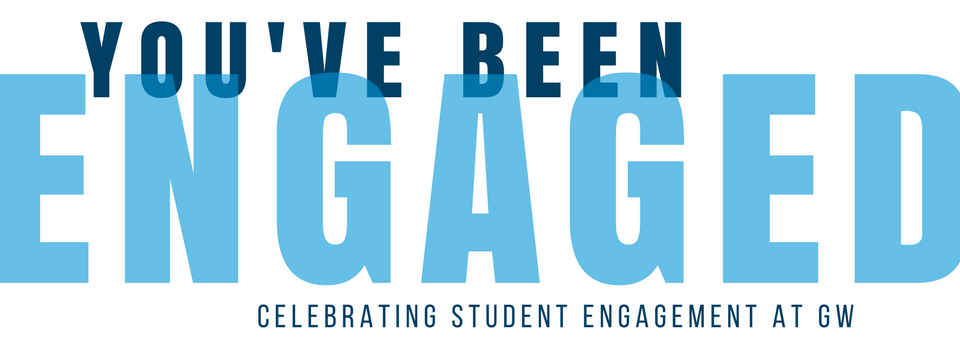by David Marquis (dmarquis@gwu.edu)
Four undergraduate students standing alone on stage transformed my experience and helped refocus my career path. This year, the Association of College Unions International (ACUI) chose to end a day of the annual conference with student stories and how the Union impacted them.
There were several thought provoking speakers during the conference, such as Soul Pancake CEO Shabnam Mogharabi and NPR host Celeste Headlee. However, none brought so many in the audience on a whirlwind trip of emotion as the “Student Voices Panel.” I admittedly was convinced prior to the session that I knew what I was signing up for - students sharing a bit of their experience - and I was not expecting to be impressed. After all, I had seen student panels before, and while I always found them somewhat interesting, I felt they quickly descend into specific questions about who the students are as individuals or generalizations about the identities the students hold. Instead, this time, when the lights went down, we witnessed a TED-style story told by each of the four students from the stage.
We heard from a student who immigrated to the United States from Vietnam just as he was to be completing high school. His story of learning English, working towards his high school degree, and ultimately going to community college was inspiring in its own right. However, once at college, he built meaningful relationships on campus, mastered English, and became the student trustee.
Another student discussed her campaign and not-for-profit organization she started which provides essential supplies to individuals experiencing homelessness around the world. Her first 100 care packages were financed using the money she had saved for her senior prom dress. Her story went viral, with the video showing this work being shared millions of times online. When she arrived at college, she built relationships and discovered mentors who not only helped her get past the online bullying she encountered in response to the video, but also pushed her to grow her idea into a fully formed organization.
Yet another student spoke of her faith background and the challenges of being a Muslim-American woman at college. While she first struggled to find community, this struggle pushed her to create her campus’ first Arab Student Association. Her partnerships with campus offices and Union staff not only gave her resources to help grow this group to be nearly 200 members strong, they also put the group on the radar of the campus administrators.
Perhaps most moving was the final speaker, who told her story of finding community at a college that she initially had no interest in attending. When she arrived, though, she was extremely outgoing and made the most of her experience: meeting people, joining groups, getting a campus job, and doing well in classes. However, this all changed when her father suddenly passed away in a car accident. When she returned to school she was different, and the Union staff who she worked for noticed this change. While they gave her space and time to heal, they also ensured she knew that they were there for her and would help her. The support they provided and the community that she had created pushed her to recover and regain the confidence she once had.
Each of these student stories revealed a different perspective, but they all had something in common: the student union and the staff who run them. The mentors, connections, and relationships each speaker fostered at their campus were directly tied to their work with their campus union. The first and last students held student employment roles within the union, while the second and third became heavily engaged with programming and organizations within their unions. For each, the student union was not simply a study space, a meeting local, or a food court, but instead, it was the embodiment of their collegiate experience. The roles they had not only exposed them to new skills, strengths, and opportunities, but also introduced them to great student affairs staff who were able to help them grow in some way.
The final speaker really drilled this home when she noted, “The Union is more than a place.” She spoke about what so many of us in student affairs know to be true but rarely say: we foster communities on campus, we challenge our students to think more broadly, and we provide students support and development to achieve their goals. It is so easy to get caught up in the day-to-day grind and miss the real impact we get to make on the lives of our students. It is hard to explain how affirming it was to think about this impact in real terms – not just the number of groups advised or the number of meetings held, but instead the types and depths of the relationships built and the passions fostered. We may not save someone’s life every day, but without doubt, over the course of time we certainly have the ability to change it.
David Marquis is a program coordinator for Student Involvement. He oversees technology systems for student organizations and manages the community space in District House.

